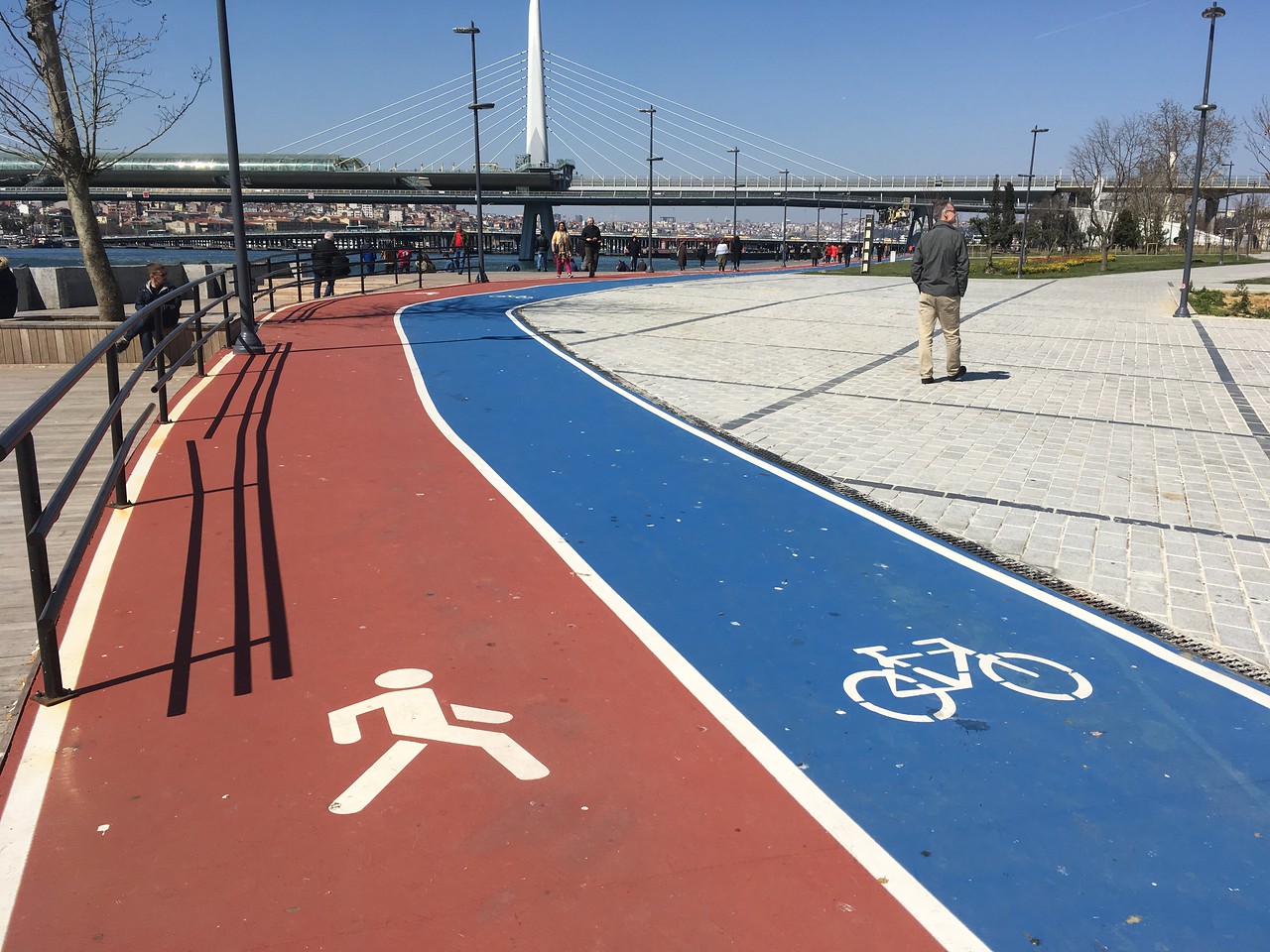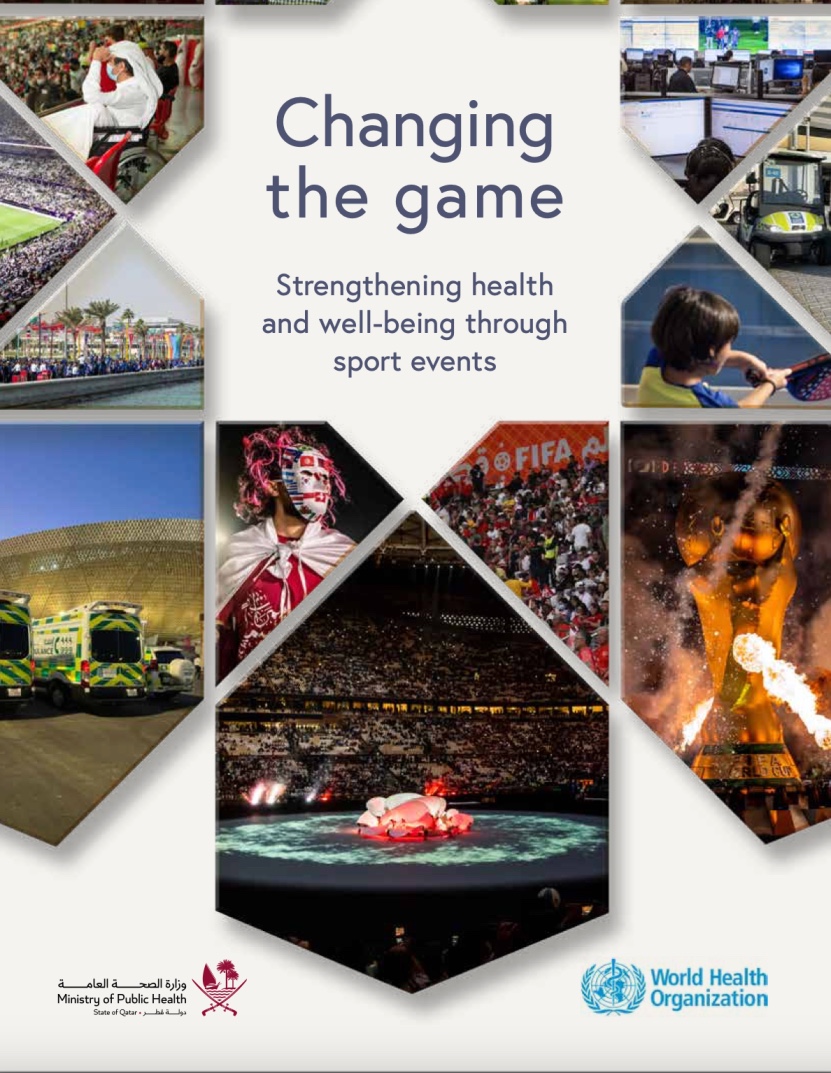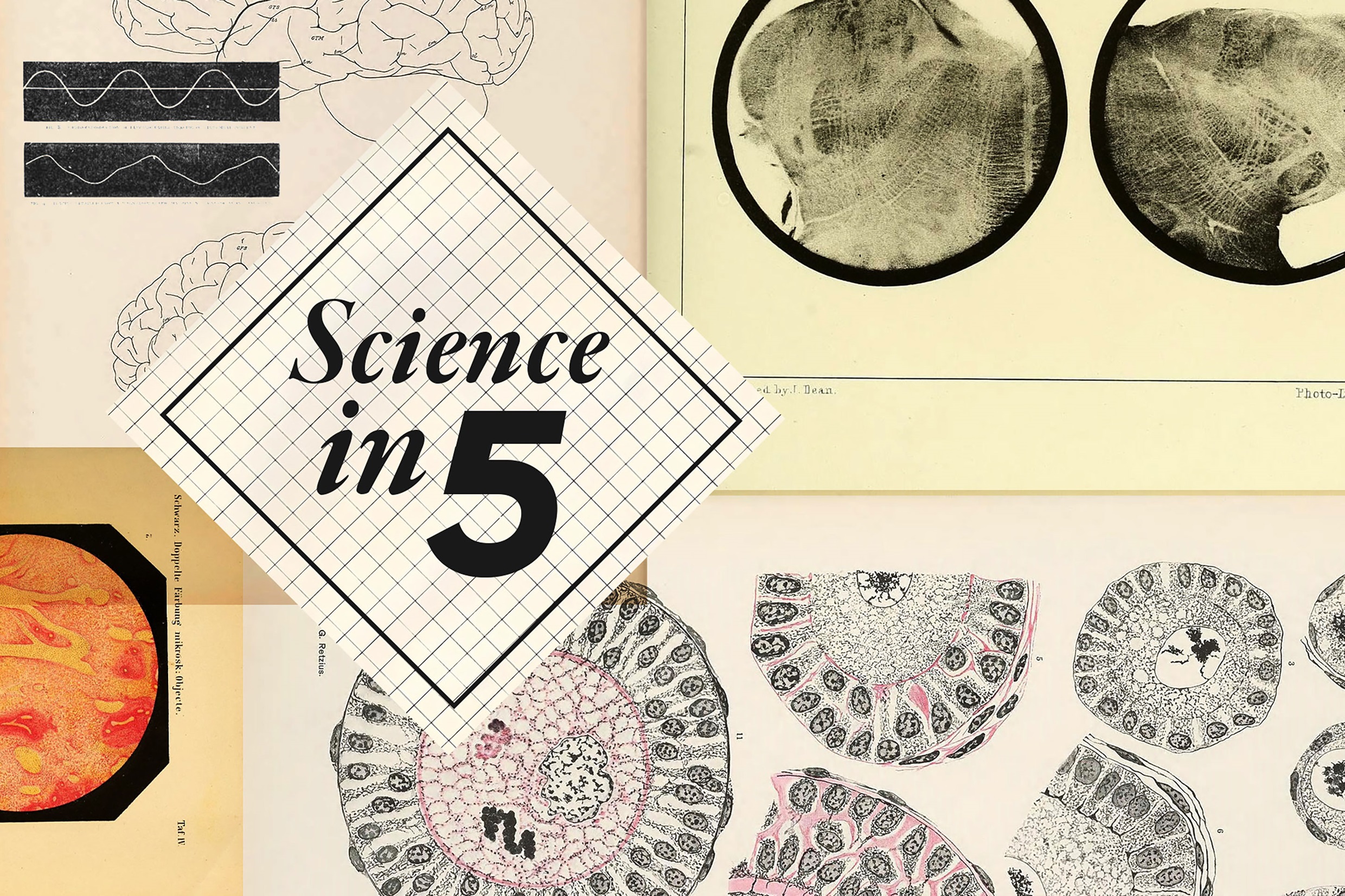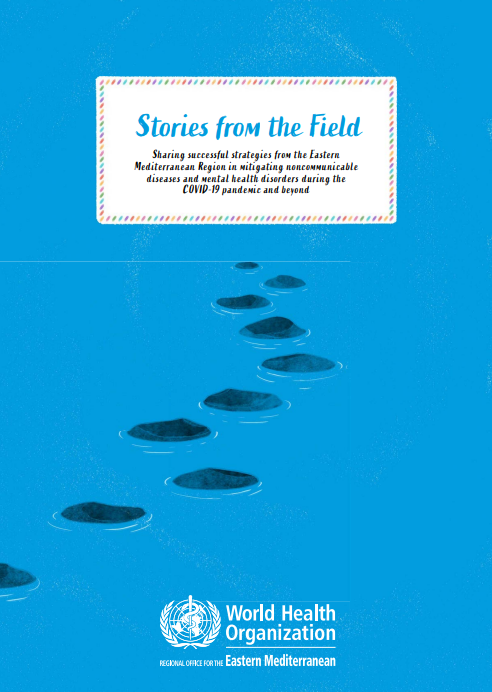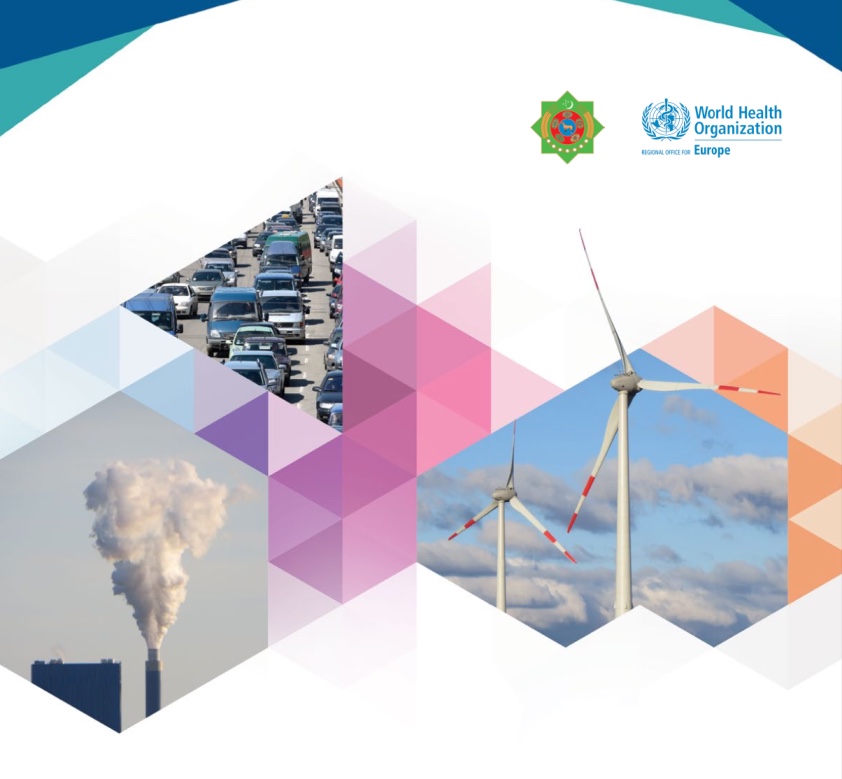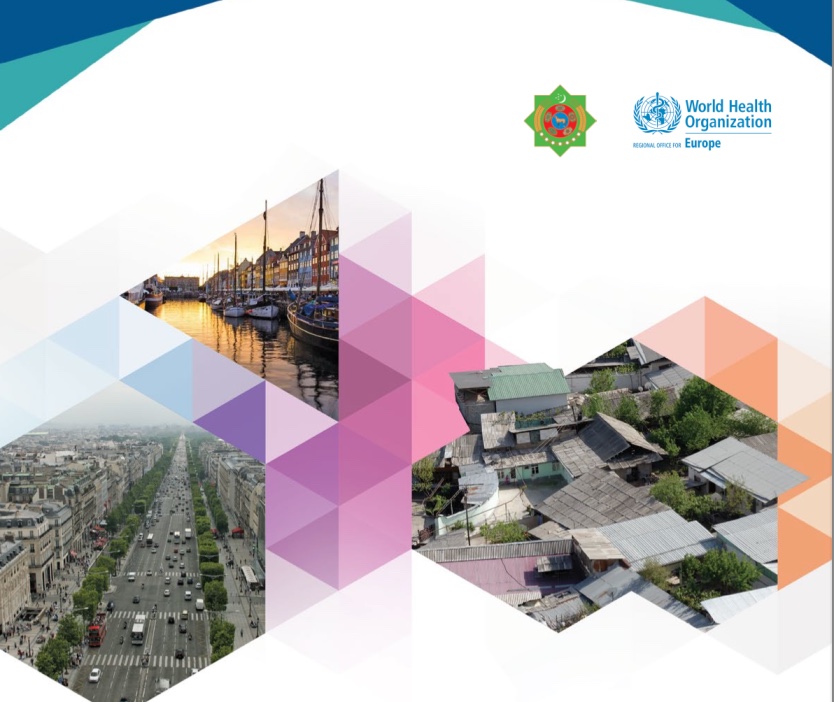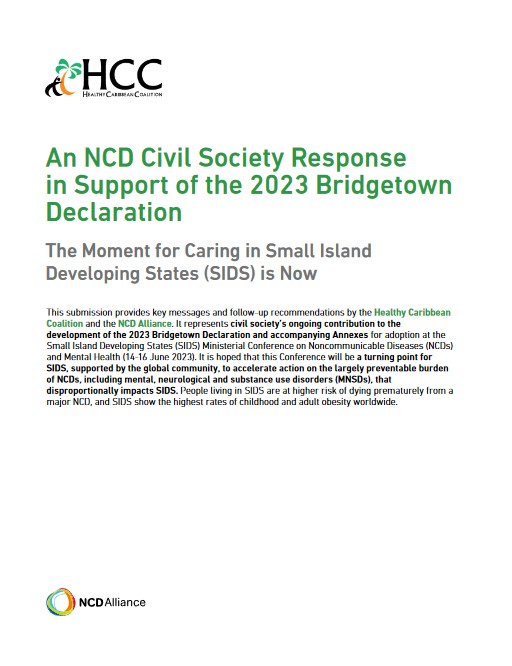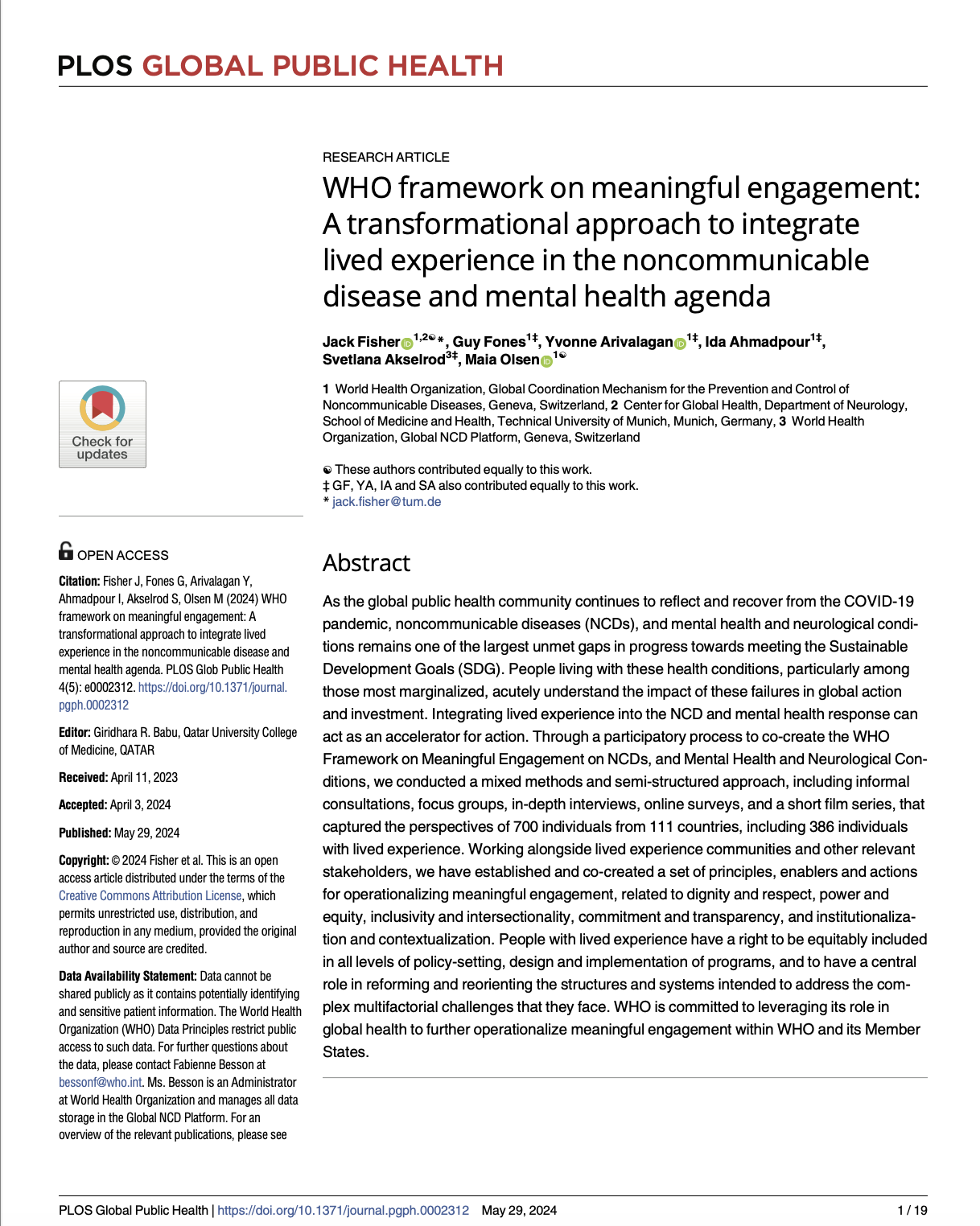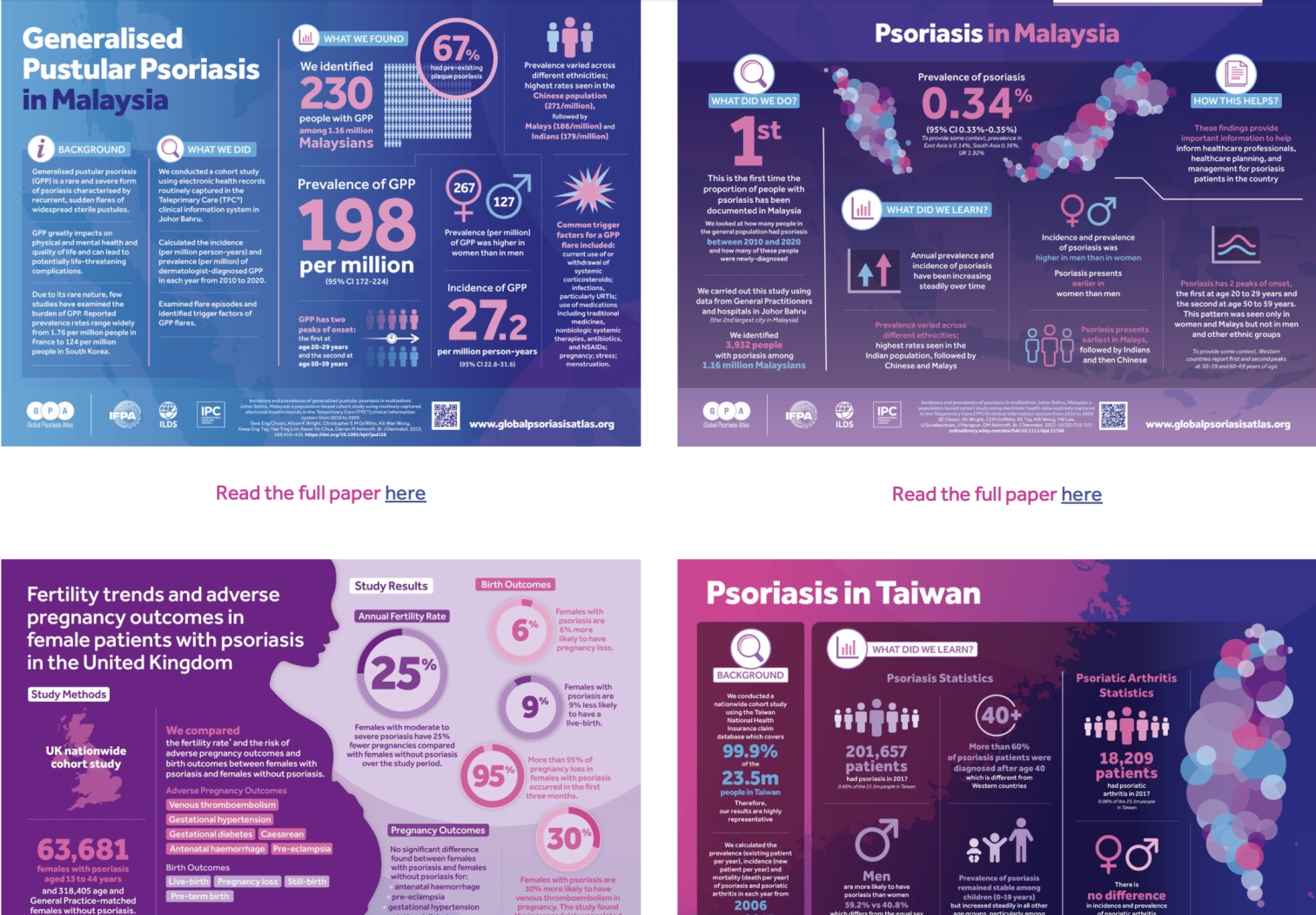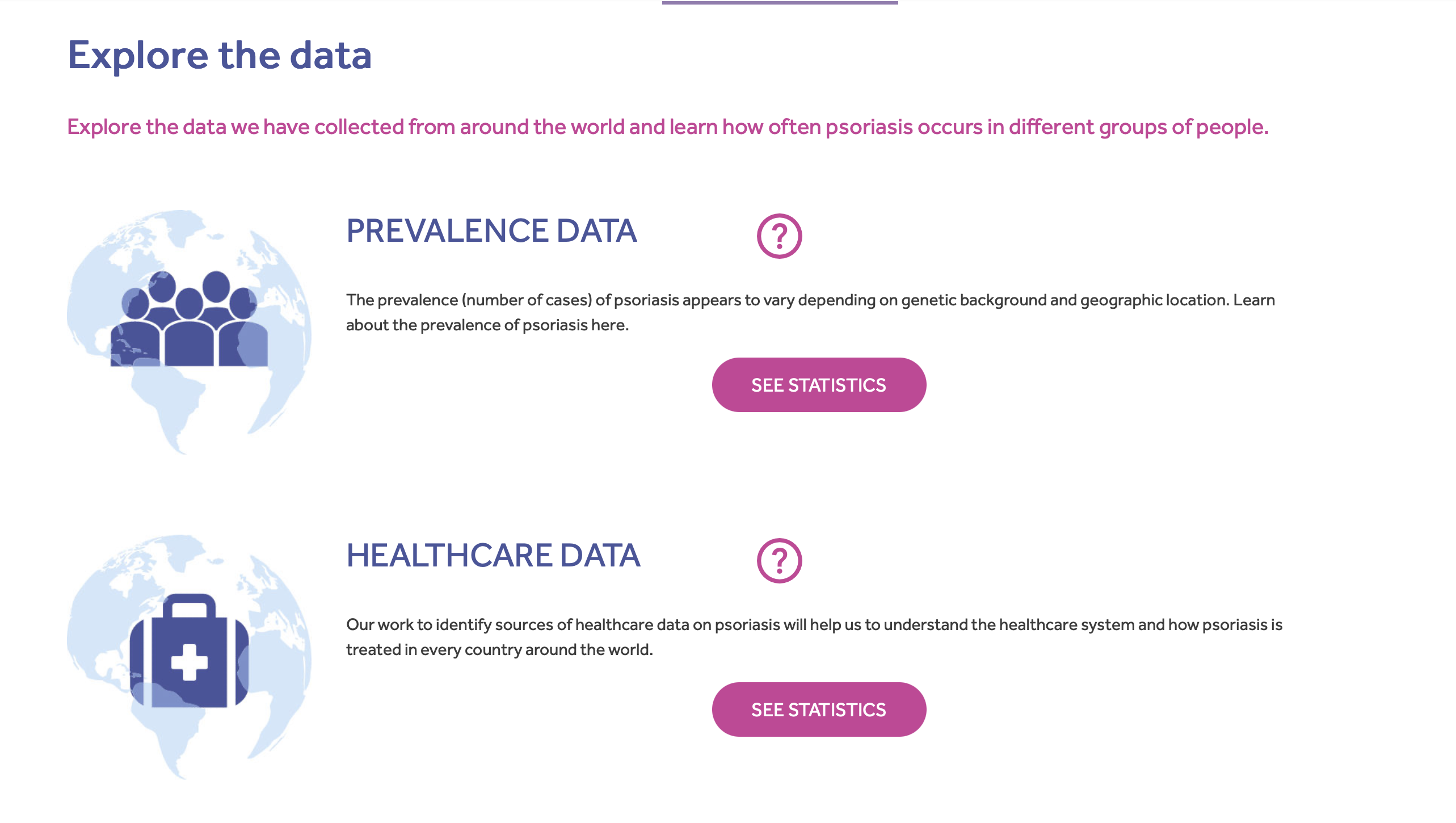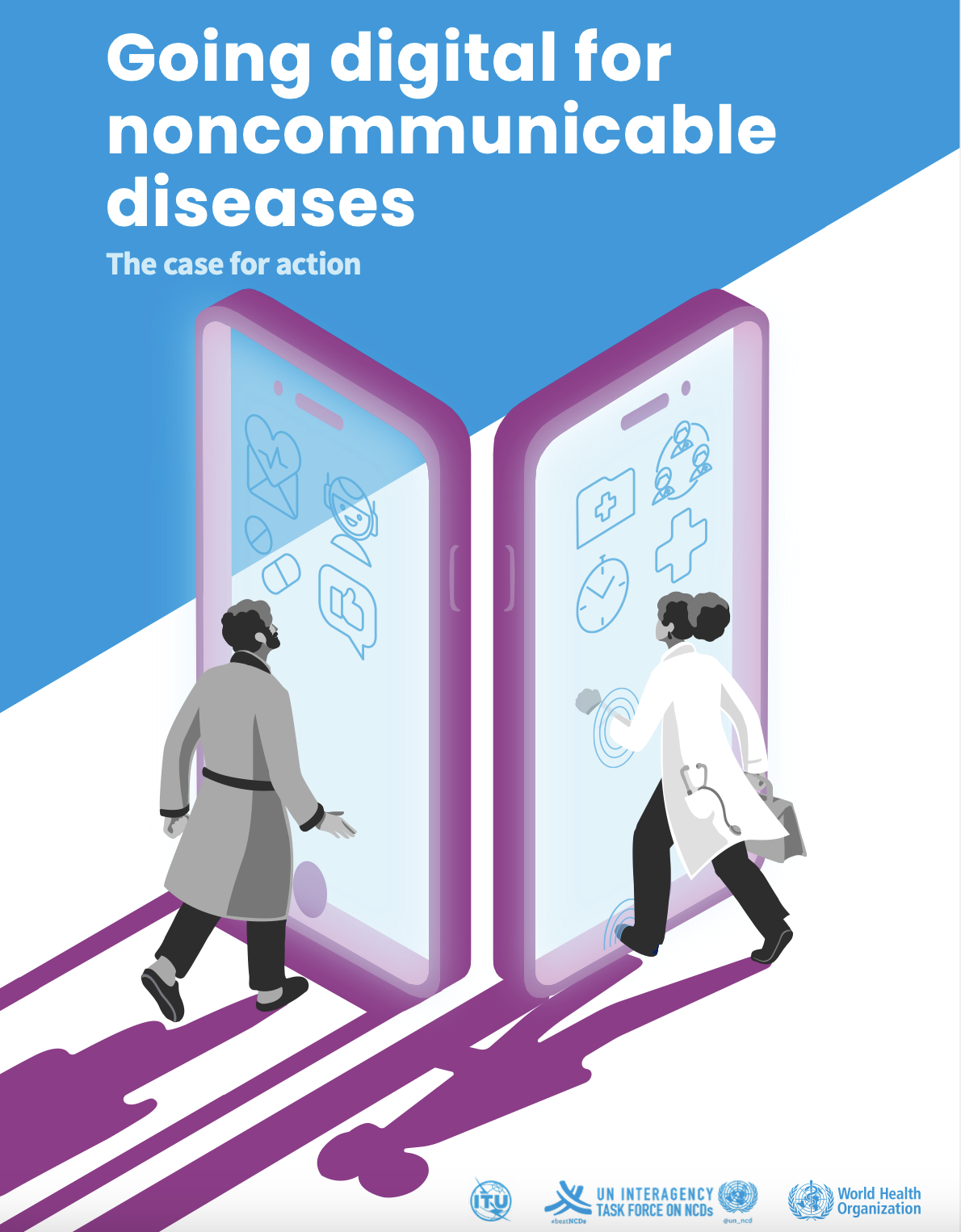Overview
The rising noncommunicable disease burden, the persistent threat of infectious disease outbreaks and an increased risk of violence and injuries are key public health concerns in urban areas. This triple threat includes:
Noncommunicable diseases like heart disease, asthma, cancer and diabetes are made worse by unhealthy living and working conditions, inadequate green space, pollution such as noise, water and soil contamination, urban heat islands and a lack of space for walking, cycling and active living. Diabetes is linked to obesity and physical inactivity in cities lacking good transit and walking/cycling infrastructure. Urbanization is also linked to high rates of depression, anxiety and mental ill health.Injuries (including road traffic injury) and interpersonal violence particularly affect children, young adults, older people and the most marginalized groups as a result of poor working and living conditions and a lack of safe transport and infrastructure.
Infectious diseases like COVID-19, tuberculosis, dengue and diarrhoea thrive in poor and overcrowded environments and are closely related to unhealthy housing and poor sanitation and waste management. Poor urban waste management fuels transmission of diseases such as the Zika and Ebola viruses.

